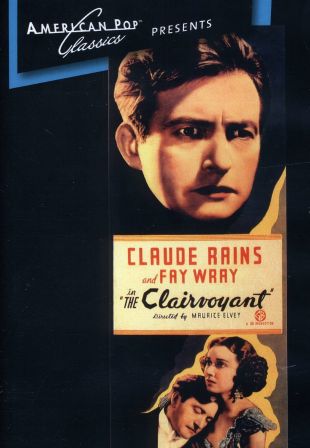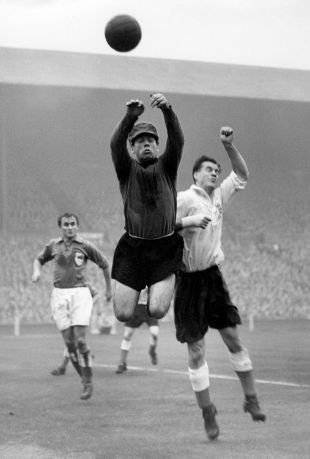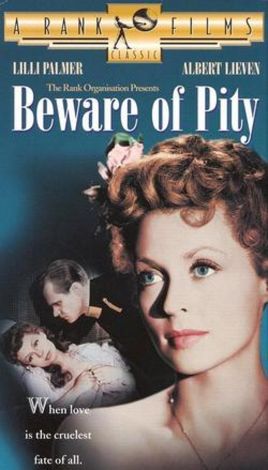A man of modest beginnings, director Maurice Elvey elevated himself to the highest echelons of the British film industry. Born into poverty, Elvey never spent a day in school. At age 9, he was working as a streetseller; within a few years, he had advanced to hotel pageboy; and in his teens, he emulated many another low-born, uneducated British youth by becoming an itinerant actor. In 1911, he organized the Adelphi Play Society, installing himself as director.
It was in this same capacity that Elvey entered films, helming the 1913 actioner The Great Gold Robbery. Ultimately Elvey would become England's most prolific filmmaker, directing over 300 feature films during a 44-year period. He tackled literally every movie genre, from historical drama to slapstick comedy. Like many of his colleagues, he directed a great many adaptations of popular plays and novels (he called the shots on all of actor Eille Norwood's Sherlock Holmes films, including 1920's Hound of the Baskervilles); unlike those colleagues, however, Elvey avoided the static, stagey style common to British silents, preferring a fluid, fully cinematic approach. His 1920 At the Villa Rose rose well-above the usual run of British films of the period; utilizing a wide range of tints and tones, and adopting an innovative flashback-flashforward approach to his material, Elvey transformed a standard, cut-and-dried melodrama into a minor classic. In a different vein, his 1927 adaptation of the stage perennial Hindle Wakes (which he'd previously filmed in 1917) is a model of "open-air" filmmaking, transcending the musty theatrical limitations of the source material with some remarkable near-documentary exterior shots of the Northern industrial regions--not to mention a vivid fun-fair sequence, complete with a subjective-camera roller-coaster ride.
In 1924, Elvey was wooed to Hollywood by the Fox Film Corporation, where for the next two years he made such surefire audience pleasers as Curly Top (1925) and Every Man's Wife (1926). He then returned to England, there to remain except for a brief foray to Germany's UFA studios in 1930. Making the transition to sound with his customary efficiency, Elvey directed such money-spinners as the 1931 Gracie Fields vehicle Sally in Our Alley. He also helmed two prime "fantastic cinema" endeavors: the Claude Rains-Fay Wray thriller The Clairvoyant (1935) and the prophetic Transatlantic Tunnel (1935). Appearing in many of his films was actress Isobel Elsom, to whom he was once married. In the 1940s and 1950s, Elvey's status in the industry slipped a bit; his last films were essentially programmers, seldom any better than their scripts. Despite the ever-lessening quality of his output, the indefatigable Maurice Elvey did not retire until the age of seventy.


